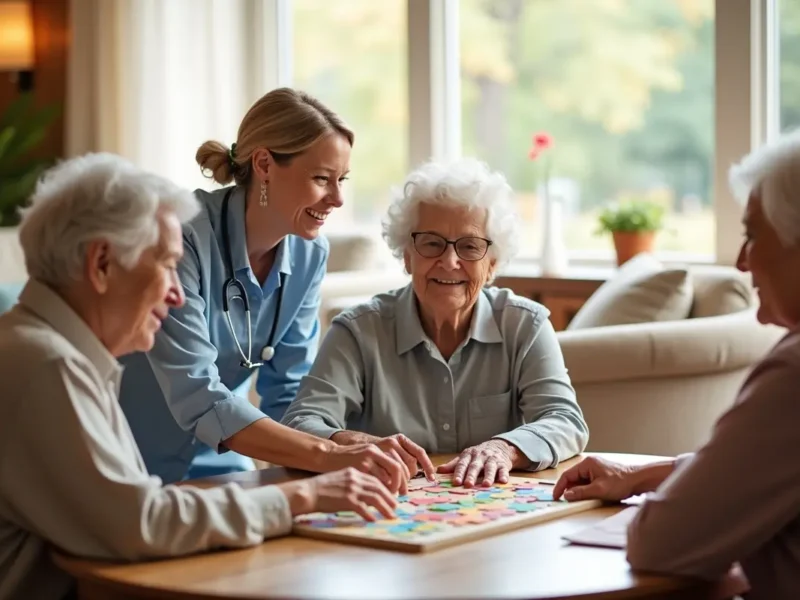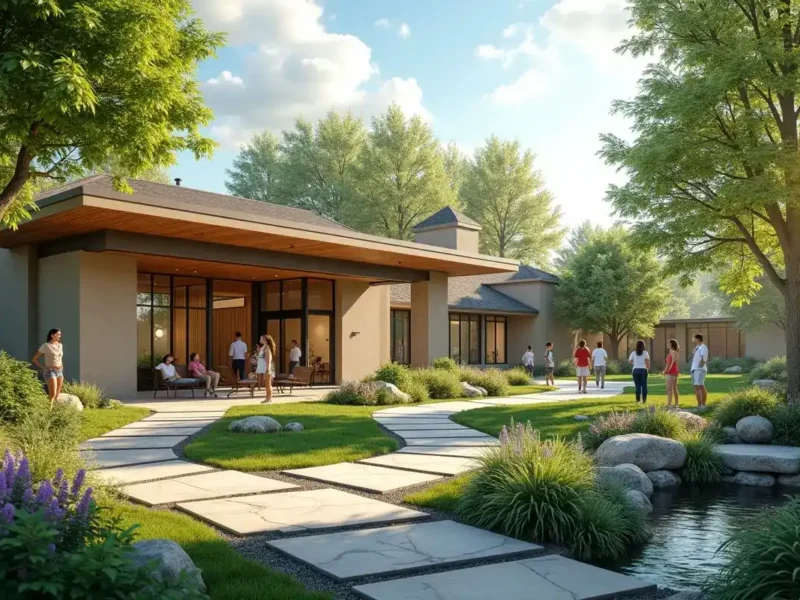Abuse within religious institutions can have long-lasting and devastating effects on survivors, particularly regarding trauma. The Mormon Church, also known as the Church of Jesus Christ of Latter-day Saints, has not been immune to allegations of abuse by its members and leaders.
Survivors of Mormon Church abuse may feel alone or unsure where to turn for support and healing. In addition to therapy and support groups, legal options are available for survivors to seek justice and hold perpetrators accountable.
In this article, we will explore some of the steps survivors can take and how they can begin to turn their lives around after experiencing LDS sexual abuse.
Contents
Protect LDS Children
Protect LDS Children is a grassroots organization that advocates protecting children in the Mormon Church. The group was founded by Sam Young, a former bishop who was excommunicated for speaking out against the Church’s policy of one-on-one interviews between bishops and children. The website offers a wealth of resources for abuse survivors, including survivor stories, support groups, and tips for healing.
The Child-Friendly Faith Project
The Child-Friendly Faith Project is dedicated to ending child abuse in religious institutions. They offer a variety of resources for survivors of abuse, including a survivor support network, a directory of trauma-informed therapists, and educational materials for parents and faith communities.
RAINN
The Rape, Abuse & Incest National Network (RAINN) is the largest anti-sexual violence organization in the United States. They offer a 24/7 hotline (1-800-656-HOPE) that provides crisis intervention and support for survivors of sexual abuse. They also offer online chat services and a directory of local resources for survivors.
National Child Abuse Hotline
The National Child Abuse Hotline provides crisis intervention and support for survivors of child abuse, including emotional, physical, and sexual abuse. They offer a 24/7 hotline (1-800-4-A-CHILD) that provides confidential support and referrals to local resources for survivors.
SNAP Survivors Network of those Abused by Priests
(SNAP) is a national organization dedicated to supporting survivors of clergy abuse. While not specific to the Mormon Church, they offer many resources for survivors of all religious institutions, including a survivor support network, a directory of trauma-informed therapists, and advocacy and outreach programs.
Trauma-Informed Yoga
Trauma-informed yoga can be a helpful tool for survivors of abuse who struggle with anxiety, depression, and other mental health issues. Many yoga instructors and studios offer trauma-informed classes to help survivors feel safe and supported. The Trauma Center at Justice Resource Institute offers a directory of trauma-informed yoga teachers and studios.
Therapists and Counselors
Working with a qualified therapist or counselor can be a crucial step in the healing process for abuse survivors. Look for a therapist who specializes in trauma and is familiar with the unique challenges faced by religious abuse survivors. The Psychology Today directory can be a helpful resource for finding a therapist in your area.
Support Groups
Joining a support group can be a helpful way for survivors of abuse and trauma to connect with others who have had experiences of LDS abuse. Support groups provide a safe and supportive environment for individuals to share their feelings and experiences and receive support and encouragement from others.
Legal Action
Pursuing legal options can be part of the healing process too. Some of the options include:
- Reporting to Law Enforcement: If the abuse involved criminal behavior, survivors can file a police report or contact the local prosecutor’s office to pursue criminal charges. The decision can be difficult, but it may result in the abuser being held accountable for their actions and help prevent further abuse.
- Civil Lawsuits: Survivors can also consider filing a civil lawsuit against their abuser and/or the Mormon Church. A lawsuit can help them seek financial compensation for damages resulting from the abuse, including medical expenses, therapy costs, and lost income. It can also hold the abuser and the institution accountable for their actions.
- Legal Support: Survivors may also benefit from working with an attorney specializing in abuse cases. An attorney can provide legal advice and representation and help navigate the legal system.
- Statute of Limitations: Survivors need to be aware of the statute of limitations for bringing legal action in their state. Some states have removed or extended the statute of limitations for sexual abuse cases, so survivors should check the laws in their state.
It’s worth noting that pursuing legal action can be a challenging and emotional process, and it’s not the right choice for everyone who’s experienced sexual abuse in the Mormon church. Survivors should carefully consider their options and seek support from a therapist or other trusted individual before taking legal steps.
The Journey May Be Long, But You Can Get There!
Remember, healing from LDS abuse is a journey; finding the best resources and support is important. These resources are just a starting point; many other organizations and individuals can offer help and support along the way. You are not alone, and there is hope for healing and recovery.



